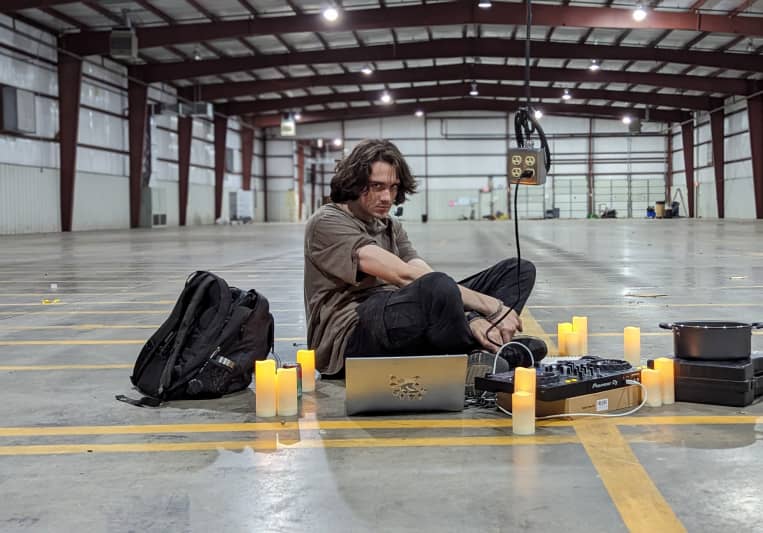
Certified by Yale and Berklee School of Music; I'll enhance your track past the industry standard.
I'd love to hear about your project. Click the 'Contact' button above to get in touch.
Interview with Kai Aspen
Q: What are you working on at the moment?
A: An abundance of live sessions as well as producing withing the anti-pop alt-rock scene.
Q: Analog or digital and why?
A: Digital, I love the absolutism of digital manipulation.
Q: What's your 'promise' to your clients?
A: I will work tirelessly to make your song meet and exceed the industry standard.
Q: What do you like most about your job?
A: I love reaching a customer's goals with their art and enabling them in a way they didn't reach before.
Q: What questions do customers most commonly ask you? What's your answer?
A: Are you able to make me sound like [insert artist]? The answer is almost always yes; I strongly enjoy studying art and replicating sounds.
Q: What's the biggest misconception about what you do?
A: As much as it is a science, production is also an art. While there are general ground rules to meet the industry standard, you are never bound to a single output.
Q: What questions do you ask prospective clients?
A: What sound inspires you? what do you want your listeners to picture visually?
Q: What advice do you have for a customer looking to hire a provider like you?
A: Always pivot to creative drive over all else. A producer who shares your vision is invaluable.
Q: If you were on a desert island and could take just 5 pieces of gear, what would they be?
A: My Godin A6 Ultra, Ibanez EHB, laptop, 4x4 input, and Rhode mic.
Q: What was your career path? How long have you been doing this?
A: I've been in this scene for the better part of a decade. I started as a lighting engineer and gradually moved to live sound before integrating into the studio world.
Q: How would you describe your style?
A: Percussively driven and incredibly attention oriented. I put detail in every minuscule effect or sound.
Q: Which artist would you like to work with and why?
A: I'd love to work with Maurada, Cavetown, Brakence. My inspiration comes from everywhere.
Q: Can you share one music production tip?
A: I love doing manual volume automations over sidechaining for the easy detailing.
Q: What type of music do you usually work on?
A: Primarily trap and hyperpop, as well as pop and alt music.
Q: What's your strongest skill?
A: Fine tuning parameters
Q: What do you bring to a song?
A: I bring professionalism and years of industry experience, as well as passion and attention to detail.
Q: What's your typical work process?
A: I spend a short time conceptualizing, followed by percussion organization and tonal arrangement, then effects processing.
Q: Tell us about your studio setup.
A: I run a hyper-efficient setup oriented around a general audio mic and a tracking hub, followed by an effect-centric processing model.
Q: What other musicians or music production professionals inspire you?
A: I'm very inspired by the electronic pioneers of the 80s and 90s.
Q: Describe the most common type of work you do for your clients.
A: Drum Programming and Audio Manipulation
- ProducerAverage price - $300 per song
- Mixing EngineerAverage price - $100 per song
- Mastering EngineerAverage price - $30 per song
- Ghost ProducerAverage price - $500 per song
- Game AudioAverage price - $150 per day
- Beat MakerAverage price - $75 per song
- Acoustic GuitarAverage price - $100 per song
Session work and Mastering are usually completed in 24 hrs
Production, Beatmaking, and Mixing are usually complete within 3 days
The first 2 revisions are free, any afterwards incur a fee
- Ariana Grande
- brakence
- blackbear
- Ibanez Talman Bass (modified)
- Legator Ghost 8
- Orangewood Oliver Jr
- AT2020
- Launchpad MKII
- Ibanez EHB
- Strandberg Classic 8
- Godin A6 Ultra
- Baby Taylor
- Rhode NTL1A



